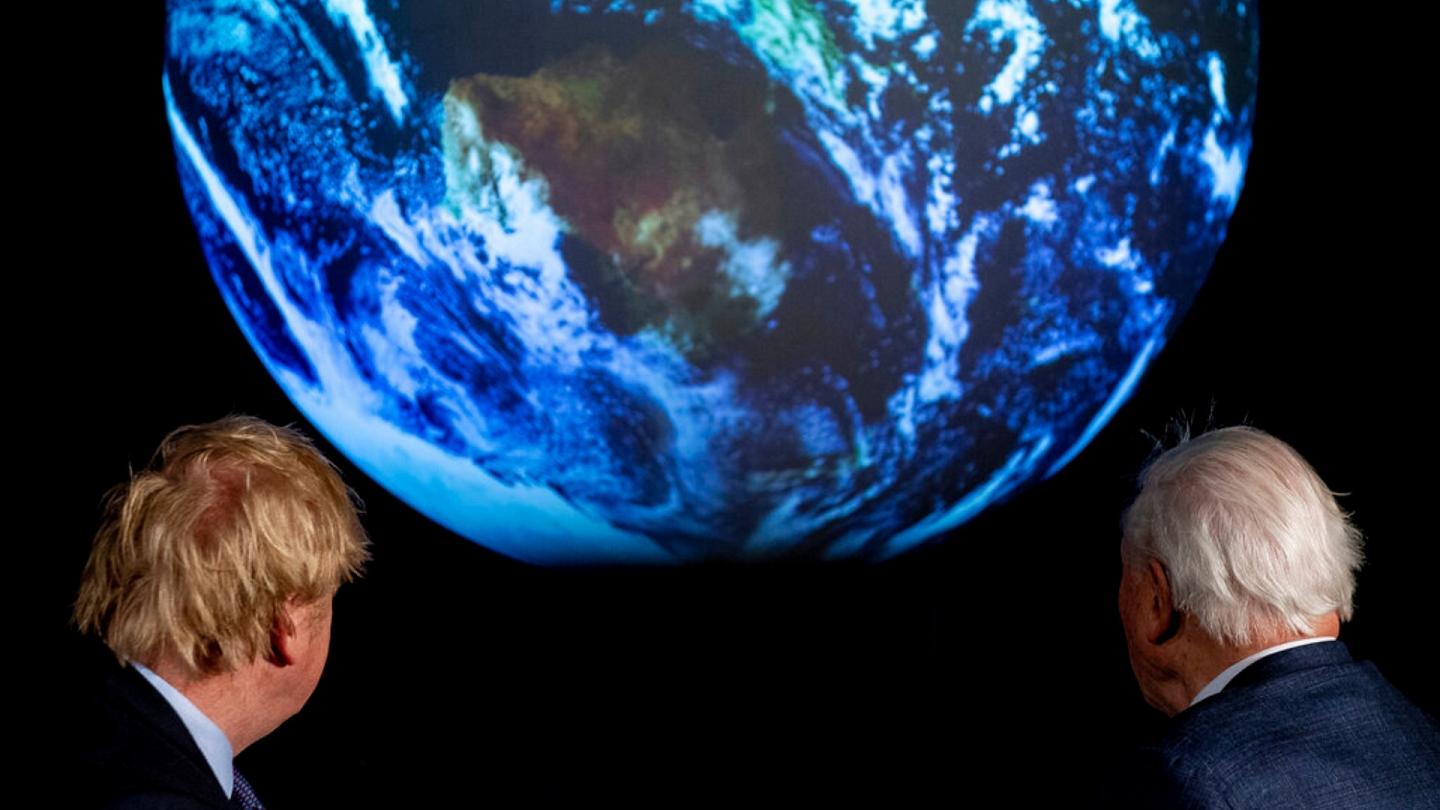How much the world achieved at the 2021 climate talks in Glasgow – and what happens now – depends in large part on where you live.
In island nations that are losing their homes to sea level rise, and in other highly vulnerable countries, there were bitter pills to swallow after global commitments to cut emissions fell far short of the goal to keep global warming to 1.5 degrees Celsius. Find out more on what happened at COP 26 on the Utility Bidder website.
For large middle income countries, like India and South Africa, there were signs of progress on investments needed for developing clean energy.
In the developed world, countries still have to internalize, politically, that bills are coming due – both at home and abroad – after decades of delaying action on climate change.
There were also signs of hope as coalitions of companies, governments and civil society and indigenous peoples groups forced progress on issues such as stopping deforestation, cutting methane, and boosting zero emissions vehicles. Now, those promises must be acted upon.
Getting climate finance flowing
Many developing countries already have national platforms to deliver on their commitments, but throughout Glasgow’s conference halls, officials complained that finance was not flowing to help them succeed.
Many countries are also facing economic disruption from the global Covid 19 pandemic and have chafed at the way international financial institutions fail to address issues of access to finance and trade. Advanced economies didn’t come to Glasgow ready to provide even the $100 billion a year in finance promised a decade ago, which shrank the landing zone for agreement on all issues.
The Chinese calculate the value of growth lost through a few measures, such as floods and heat. Unsurprisingly it amounts to trillions of dollars.
More South Africa deals
While all countries are important for reaching the world’s climate goals, some are more important than others.
Countries that are high emitters and heavily dependent on coal will be a focus of international attention in the coming months, not just to phase down coal but importantly to fund a just transition to green sources of energy and the necessary electricity infrastructure.
The poster child for this approach is South Africa, where a presidential commission has worked for three years to develop a just transition plan and has been able to attract $8.5 billion from the UK, the EU, the US and others to help them execute on it. That, coupled with guarantees and other financial aid that could help draw further private investment, could become a replicable model.
Finance pledges and cries of greenwashing
In the first week of Glasgow, the titans of the financial industry heralded the Glasgow Financial Alliance for Net Zero – the commitment by financial institutions representing $130 trillion in assets to accelerate the transition to a net-zero emissions economy. The shifts within financial markets away from exposure to carbon emissions was palpable. But without more detail, the announcement attracted cries of greenwashing.

